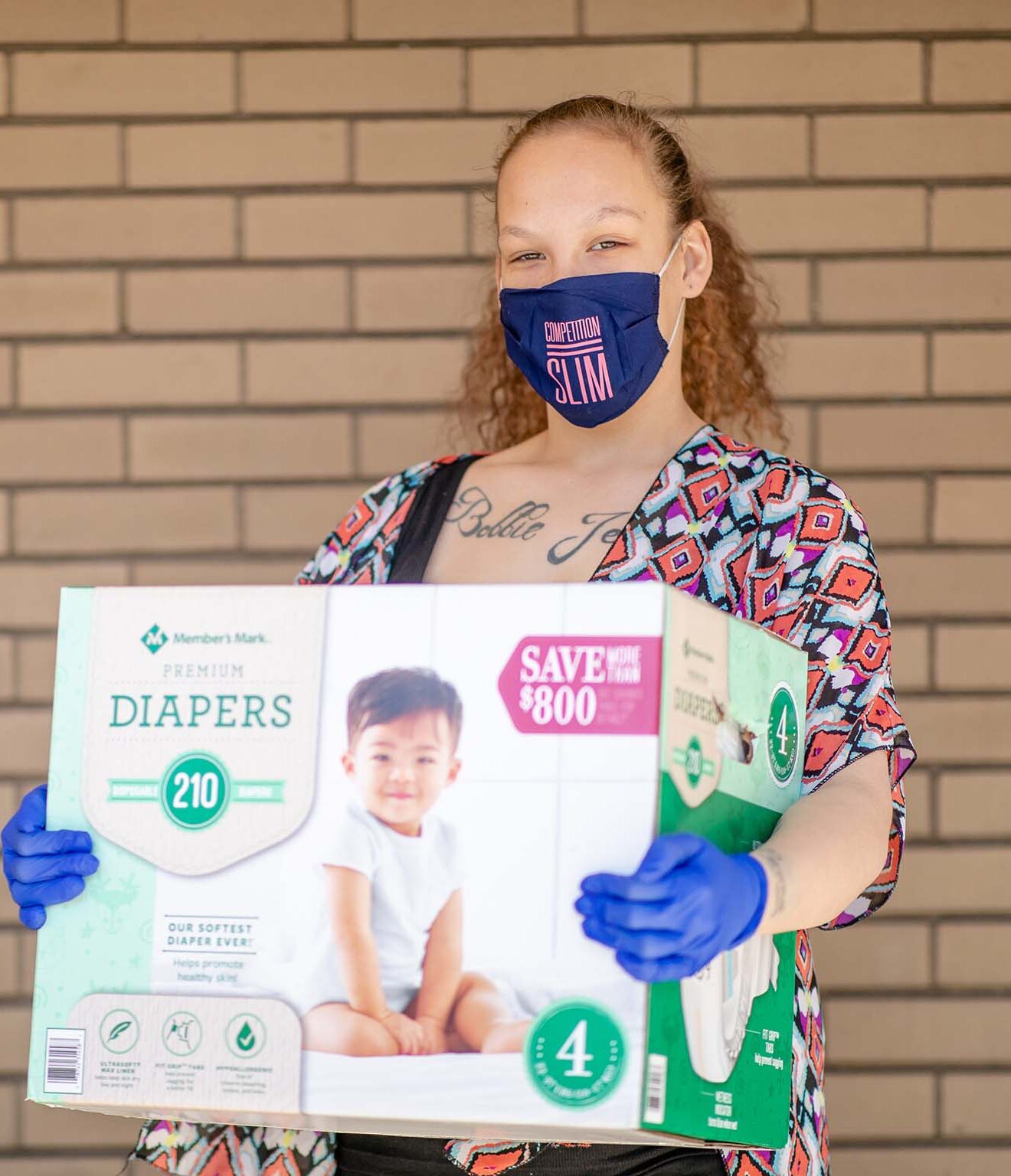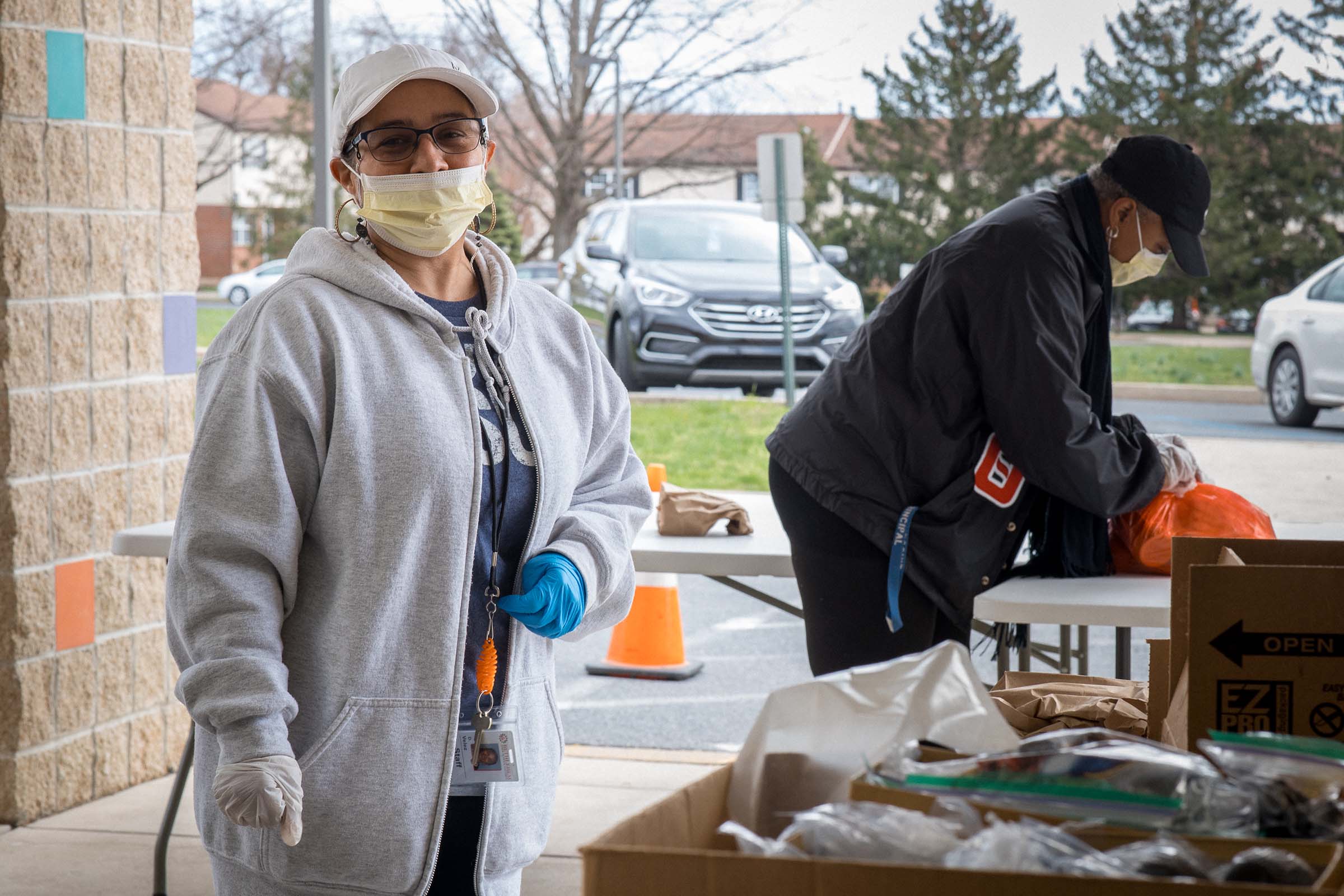What Secondary Stress Looks Like
Physical Symptoms:
- Sleep disturbances
- Change in appetite
- Increased drug/alcohol consumption
- Impaired immune system
- Low energy
- Exhaustion
- Fatigue, aches & pains
Behavioral Symptoms:
- Tardiness
- Absenteeism
- Absentmindedness
- Decrease in quality & quantity of work
- Lower motivation
- Increased mistakes
- Poor Judgment
Cognitive Symptoms:
- Diminished concentration
- Loss of focus
- Loss of Interest
- Self-doubt – Decrease in Confidence
- Perfectionism
- Difficulty with decisions
- Poor Judgment
- Hyper-vigilance
World-View Symptoms:
(Losing your sense of connection to something bigger than yourself)
- Overwhelming Feelings of the Unfairness of Life
- Feeling a Lack of Support from Others
- Anger at Higher Power
- Questioning Your Own Beliefs
- Loss of Sense of Purpose
Interpersonal Symptoms:
(All our relationships can be affected – at home and at school.)
- Withdrawal from Colleagues and Loved Ones
- Mistrust
- Intolerance
- Feelings of Loneliness
- Poor Communication leading to Conflicts
- Decreased quality of relationships
Emotional Symptoms:
- Anxiety
- Guilt
- Irritability and/or Anger
- Sadness
- Loss of empathy
- Hopelessness
- Depression
- Emotional shutdown




